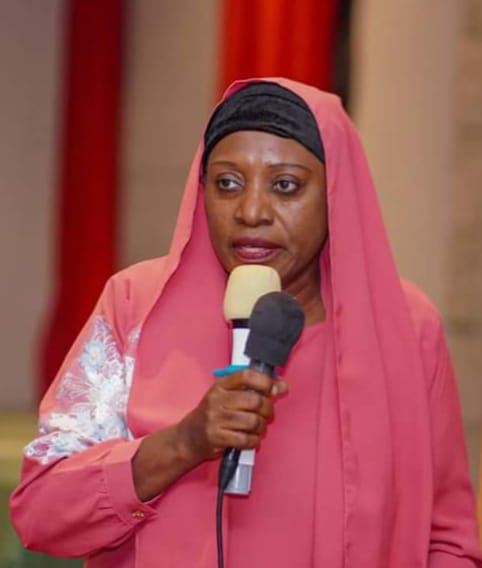Kwale Woman Leader Joins Fight Against FGM

Various stakeholders and activists have been amplifying their voice in condemnation of Female Genital Mutilation (FGM). They have been calling for concerted efforts and urging stakeholders to work in synergy to eradicate the barbaric and outdated practice.
The latest to add her voice in castigating the FGM is Kwale Woman leader Nimusimu Mwasina noting that FGM has been rampant to the extent it’s being done across borders.
The government has to take stringent measures to ensure that this vice is done away with.
“Since FGM is now being done across borders, there’s need for our country to interlink with the concerned neighbouring countries and work together in fighting FGM through the relevant Departments, International organizations and Non Governmental Organizations. Cross border security is also crucial in dealing with FGM at that level.”
In recognition that FGM is not only a harmful practice but also a violation of human rights, Kenya has adopted a robust legal framework.
The country has ratified several international legal instruments that have become part of Kenyan law as provided for in Article 2 of the Constitution and the enactment of the Prohibition of Female Genital Mutilation Act, 2011.
The law provides the framework for public engagement and advocacy for accelerating the eradication of FGM. The Children’s Act, 2001, Section 14, criminalizes the subjection of a child to harmful cultural practices.
This statute gives parents the responsibility to ensure the safety and security of the child. The Penal Code, Chapter 63, also outlines offences under which circumcisers can be charged.
The Protection against Domestic Violence Act, 2015, classifies FGM as violence, and provides for protective measures for survivors and victims of domestic violence, including FGM. Goal 5.3 established in the 2015 Sustainable Development Goals, aims to eradicate FGM by 2030





